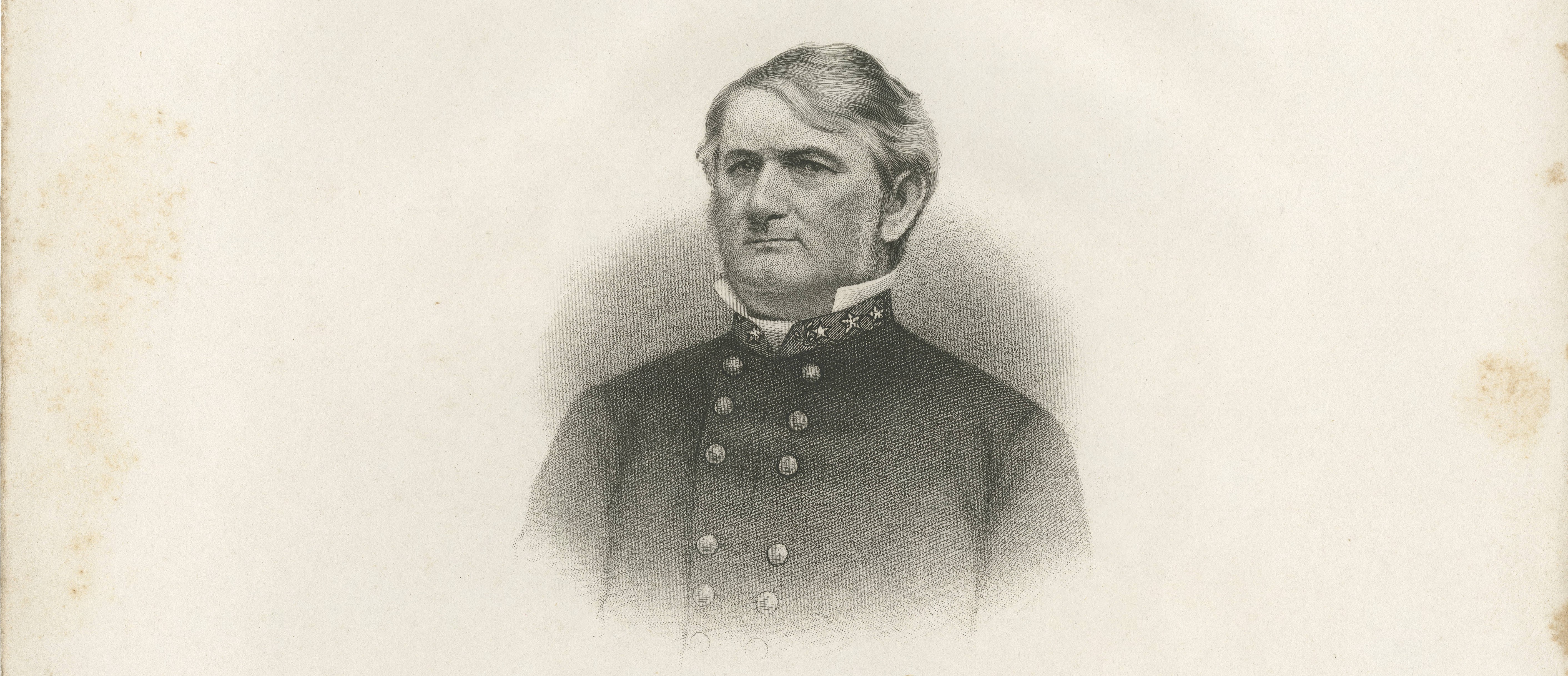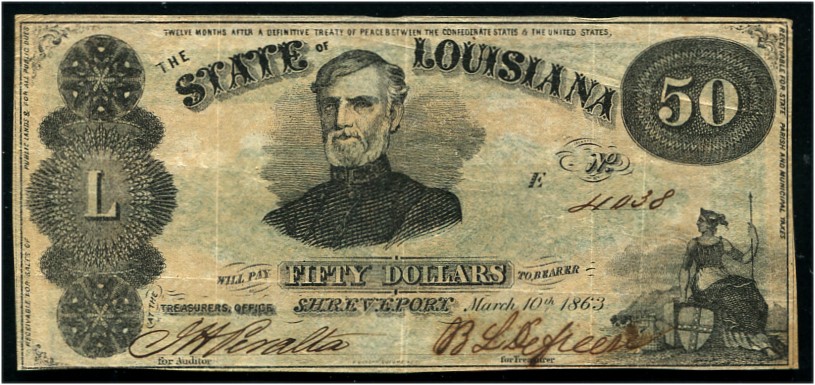From Virtue to Violence: Leonidas Polk’s Convergence of God and War
Louisiana’s religious sector stems partially from Leonidas Polk’s work of spreading biblical teachings across the state, including making contributions to Episcopalians in Shreveport.
Years later, Polk joined the ranks of the Army of the Confederate States of America, fighting the Union to preserve slavery in the South. Check out Polk’s influential presence in Louisiana and how the concept of war became one’s calling from God.
Military Beginnings
Polk was born in North Carolina, according to RootsWeb. While he was attending University of North Carolina, he was appointed to the United States Military Academy at West Point, New York. Polk graduated four years later in 1827, ranking high in his class and completing his education with historical figures like Jefferson Davis.
Though he was positioned as a second lieutenant of artillery, Polk resigned from the military shortly after joining and sought a more spiritual route.
Planting Seeds of Religion in the South
The early 1830s marked the start of a new path for Polk when he enrolled in the Virginia Theological Seminary. From there he played the role of a traveling Episcopalian minister, spreading God’s teachings throughout Louisiana and Mississippi, as reported by RootsWeb.
Polk married and moved to Tennessee, where he built a large home called Ashwood Hall. During his time in Tennessee, he built a church near his home and also served as a priest at another.
In 1839, a year after he was named Missionary Bishop of the Southwest, Polk held the first Episcopal service in Shreveport. Two years later, he became the first Bishop of Louisiana.
Polk served in churches in a couple of more areas in Louisiana in the 1840s and 1850s, later taking time to help develop the University of the South in Tennessee. Yet with war brewing on the horizon and a succession crisis in the United States, Polk traded in his ecclesiastical vestments for weapons.
Becoming a Battling Bishop
Polk joined the Army of the Confederate States of America as a major general, earning him the moniker Battling Bishop. Though his transition may appear to some as a confusion of interests, Polk considered his commitment to the war as a duty to God. Though Polk made several quarrelsome moves, like leading his troops into a neutral Kentucky and frequently arguing with comrade Albert Sidney Johnston over strategy, his men dearly loved him.
Polk led his troops into numerous battles, some ending in victories while others leaving them defeated. Polk’s last battle took place at Pine Mountain in Cobb County, Georgia. Called to the front line, Polk stood bravely in place while his comrades fled when the Union troops began opening fire. While the confederates held fire to conserve ammunition, Polk remained at the front line and was killed when a bullet passed through his chest.






